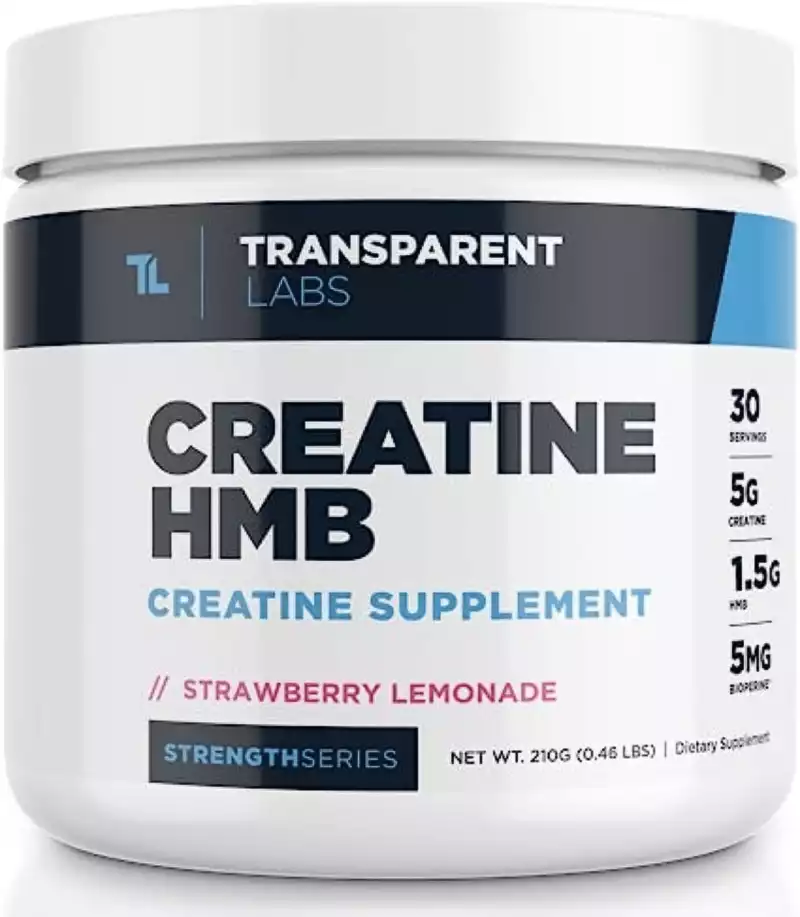The Whiteboard is an iconic feature of CrossFit. Along with pull-up bars, barbells and bumper plates, it’s an accessory that can be found in every affiliate around the world. Usually, the whiteboard is flush with scribbles that detail the day’s (or week’s) workouts, various announcements, reminders, and most importantly, the scores of every athlete from the WOD. Marking your score on the whiteboard is encouraged, and there are several advantages in doing so. However, I’d like to offer an alternative viewpoint. Could the whiteboard be causing more harm than good?
PROS OF THE WHITEBOARD
Motivation
One of the more obvious benefits of having every athlete’s scores out in the open is that it can motivate people to perform at a higher level. This is especially true for those of us who have a CrossFit rival. Though we may not freely admit it (as CrossFit boxes promote supportive environments), the typical CrossFit athlete is a competitive person who wants to ‘win’. As you might have guessed, this can be both good and bad, as I’ll get into later. In truth, there are few better ways to light a fire under a CrossFitter’s ass than having them see that their rival posted a ridiculous score for the day’s WOD. It may spur you into action to ensure that you will not finish second to them under any circumstances whatsoever. Of course, if they’ve worked out before you it gives you an unfair advantage as you’ll have their score in your head, which gives you a target to shoot for. All of a sudden those thoughts of putting the barbell down evaporate when you realize that there are 30 seconds left in the WOD and your rival is 10 reps ahead of you. Weights seem lighter, movements are less complicated and you’re moving like a Greek god on the metaphorical battlefield. Amazing what a few numbers can do, isn’t it?
Reinforce Goals
On top of that, marking your score down after every workout can help reinforce your goals within CrossFit. They may be straightforward, such as conquering that first unassisted strict pull-up, or a little more complex, like posting a double bodyweight clean. However, marking your progress down on the whiteboard not only shows your classmates how you’re performing, it serves as a reminder that you are (hopefully) moving in the right direction towards achieving your goals. With every small victory, you should take pride in putting your scores up—even if it’s the ‘lowest’ of the class.
Accountability
Finally, the whiteboard can inspire accountability among CrossFitters, specifically those who (gasp) don’t finish the WOD. Not finishing the WOD (unless you are legitimately hurt or your health is at risk) amounts to sacrilege within CrossFit, and reveals a poor side of an athlete’s character—a lack of commitment and willpower, shall we say. No one wants to have a DNF (did not finish) next to their name on the whiteboard for all to see, lest they be mocked for their lack of effort. No, the prospect of a DNF can be just as powerful as the numbers of a rival in ensuring that every CrossFitter does their coach, their classmates and themselves justice by seeing the WOD through to the very end.
Based on our testing, this is the best creatine for most people. It has the perfect dosage of creatine monohydrate per serving, which has been proven to increase muscle mass.
- Promote strength and muscle gains
- Tested for purity and safety
- Creatine has no known side effects
That was the good stuff. Now, allow me to present you with an alternative point of view when it comes to score-keeping on the whiteboard…
CONS OF THE WHITEBOARD
Loss of Focus
Just as a rival’s numbers may propel you to new heights of performance, it can also bring you down in ways you might not have thought of. For example, in the midst of your determined pursuit of besting your challenger, how much time do you give to the focus of your form, your strategy for the workout, your enjoyment of the workout? These crucial aspects that make up a successful CrossFit session begin to take a back seat to what is really at the forefront of your mind—the score on the whiteboard.
This is a slippery slope that can lead to burning out and losing love for CrossFit if you’re not careful. Remember, the main goal of CrossFit is to improve an athlete’s health and performance through the safe execution and enjoyment of the WOD. If you are able to keep these qualities in mind while competing against a rival’s score then that’s great! But a common problem that plagues many an athlete is the sense that you aren’t competing for yourself anymore, you’re competing out of fear of judgment and the sense that you will ‘lose’ if your score isn’t up to scratch.
Numbers Don’t Tell the Whole Picture
The problem is that the numbers on the whiteboard are just that—numbers. They don’t tell the whole story. What if one athlete didn’t count all of their reps correctly? What if they didn’t break parallel on every squat? Conversely, how can some numbers show that someone wanted to solely focus on their technique during the workout? If you take a score as pure fact, then you may find yourself questioning the performance of your classmates and yourself, which breeds a nasty sense of confrontation and arrogance with some people. You can tell who these athletes are as soon as they open their mouths. “There’s no way Jason did all of those reps correctly. When I was doing it, I did it unbroken and correctly,” and so on and so forth. You also have to take into account that there are athletes who look at the whiteboard and forget the bigger picture. They may compare their scores for one workout against the rest of the class and judge their abilities as an athlete based on that sole WOD! CrossFit, by its very definition, is a constantly varied form of functional fitness. Just because you struggled with the row on Tuesday doesn’t mean you are a terrible athlete! Pull-ups may be programmed at the end of the week and you’ll knock the WOD out of the gym. The only way you’ll realize that your skills are as diverse as the sport itself is if you look at the whiteboard as a personal tracker for your performances over the course of an extended time period, not one day.
In the end, the whiteboard has its pros and cons. What are your thoughts on the whiteboard?
Photo courtesy of Eoin Campell/CC BY NC NC 2.0)















I’ve been in CF for almost a year now. I think I completed a WOD once. It’s my goal to complete WODs at Rx, one of these days, but I’m 52 and suffer from a host of medical and mobility issues that are the result of living a sedentary life for many years.
I have to routinely remind myself that it’s the journey that’s important, NOT the destination. If I push myself too hard and fast, I’m more likely to injure myself and set myself back (been there, done that). That’s why I’m not really into the competitive aspects of CF and why I generally ignore the times on the board.
In seems to me that the competitive aspects of CF encouraged by “the board” and the games that have become so popular of late (hey, I watch them too!) are in conflict with the “check your ego at the door” philosophy of CF.
We’re relying on common sense (which is often in short supply) and responsible coaching to walk a fine line between doing your best and overdoing it out of sense of “ego” and one’s competitive nature.